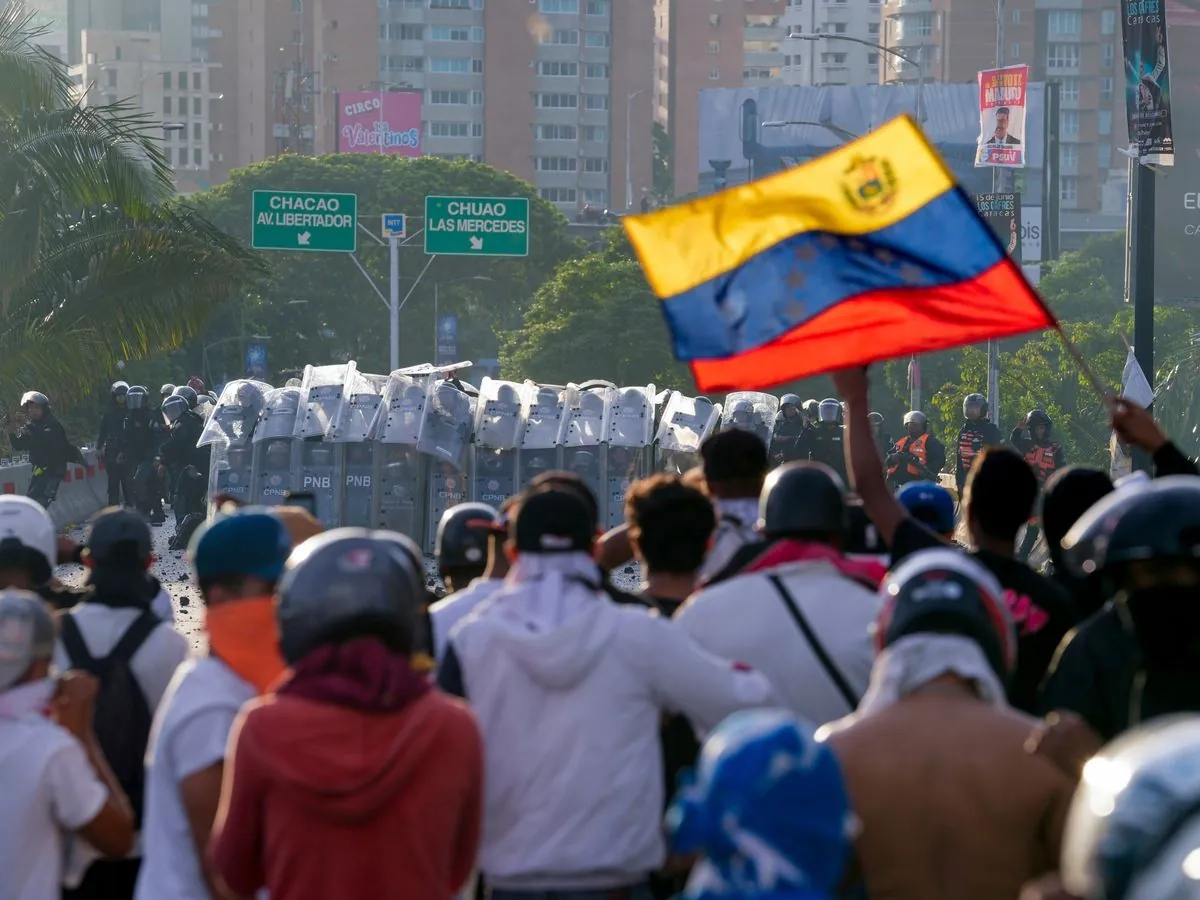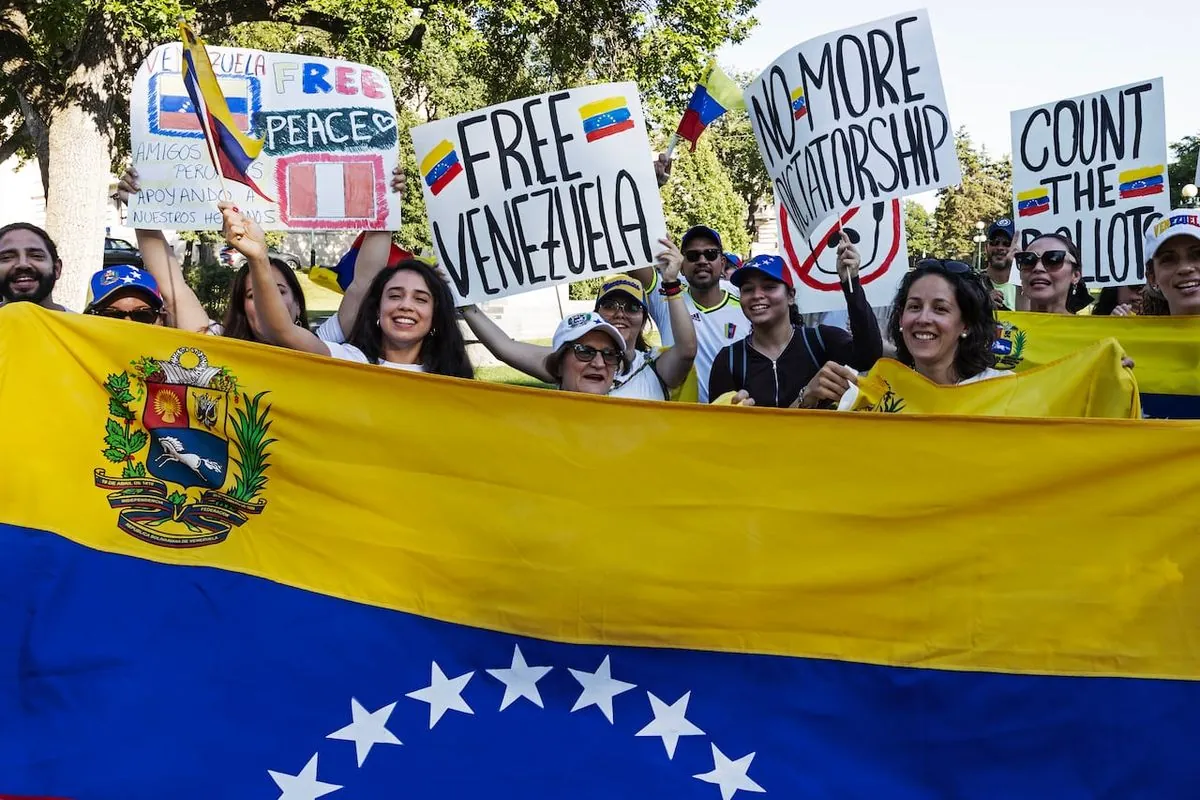Venezuelan Opposition Grapples with Limited Options After Disputed Election
Venezuela's opposition, claiming victory in the recent presidential election, faces challenges in asserting its win. With international attention divided, the coalition explores negotiations and continued protests.

In the aftermath of Venezuela's presidential election held on July 28, 2024, the nation finds itself embroiled in a familiar scenario of disputed results and political turmoil. The opposition coalition, led by candidate Edmundo Gonzalez, asserts a decisive victory, contradicting the official declaration of incumbent President Nicolas Maduro's re-election for a third term.
The opposition's claim of triumph is based on their collected tallies, which reportedly show Gonzalez securing approximately 7 million votes, more than doubling Maduro's 3.3 million. These figures align with independent exit polling data. However, Venezuela's national electoral council has announced Maduro as the winner with roughly 51% of the vote, without publishing comprehensive tallies.
In response to the contested outcome, demonstrators have taken to the streets, resulting in 23 fatalities and approximately 2,400 arrests. The government has labeled these protests as "fascist violence," echoing past confrontations in a country that has grappled with political unrest for years.

The opposition's strategy currently revolves around demanding the release of complete voting data. They remain open to negotiations with the ruling party and are banking on international pressure to potentially yield results. Maria Corina Machado, a prominent opposition figure who led Gonzalez's campaign, has suggested the possibility of incentives for ruling party members to relinquish power.
"There are groups who are clearly willing to negotiate and press for that to occur, and others who are not, who are dug in and willing to do anything."
Venezuela's political crisis unfolds against a backdrop of severe economic challenges. The country, once the wealthiest in South America, has experienced a staggering 75% economic contraction since 2014. Hyperinflation has plagued the nation since 2016, leading to widespread shortages of essential goods and prompting over 7 million Venezuelans to emigrate since 2015.
International reactions to the election dispute have been mixed. While countries like the United States, Argentina, and Chile have called for the publication of full vote tallies, others such as Russia and China have congratulated Maduro on his purported victory. Brazil, Colombia, and Mexico are attempting to facilitate dialogue between Maduro and Gonzalez.
The opposition faces significant hurdles in translating their claimed victory into actual power. With military leaders pledging loyalty to Maduro and the government initiating criminal investigations against opposition figures, including Machado, the path forward remains uncertain.
As Venezuela grapples with this electoral controversy, it's worth noting that the country possesses the world's largest proven oil reserves. However, oil production has declined dramatically since 2017, exacerbating the nation's economic woes. The ongoing crisis has also led to frequent power outages and one of the highest crime rates in Latin America.
Despite these challenges, Venezuela remains a country of rich biodiversity, encompassing part of the Amazon rainforest. As the nation navigates this latest political impasse, the resilience of its people - who find solace in their national sport of baseball - continues to be tested.


































